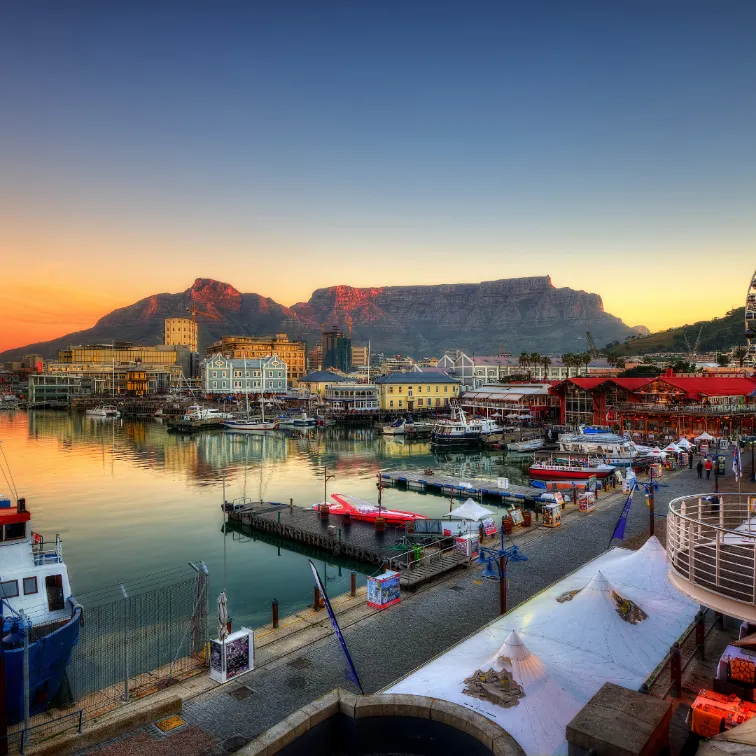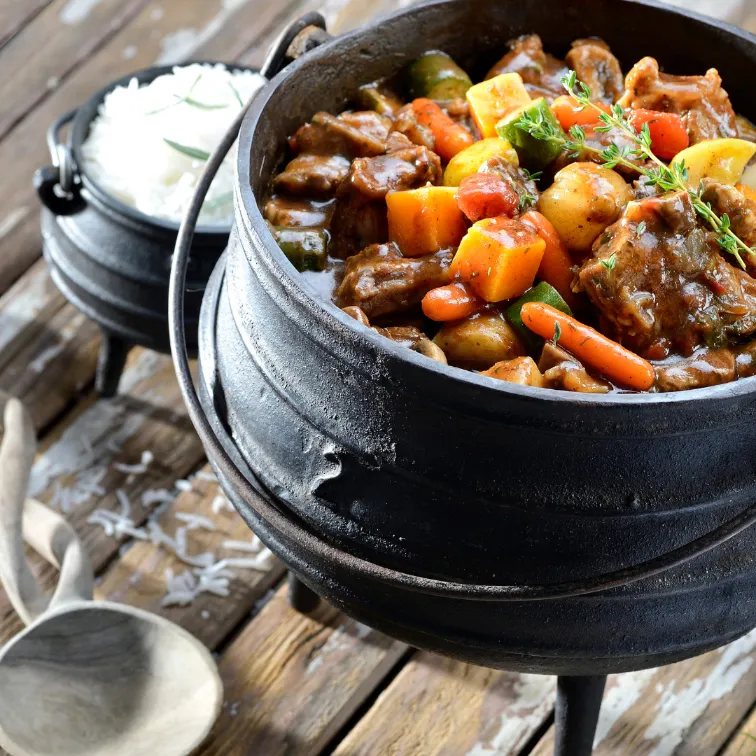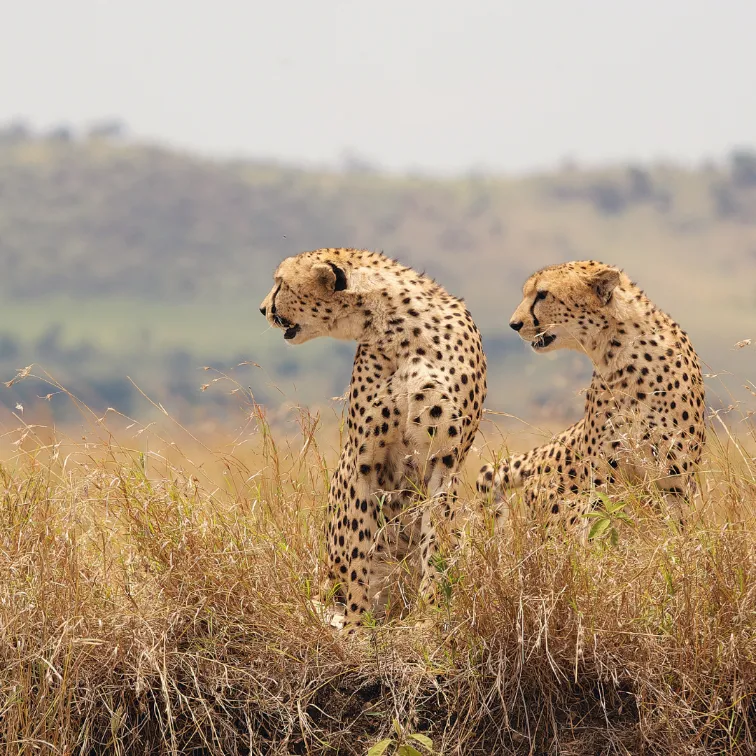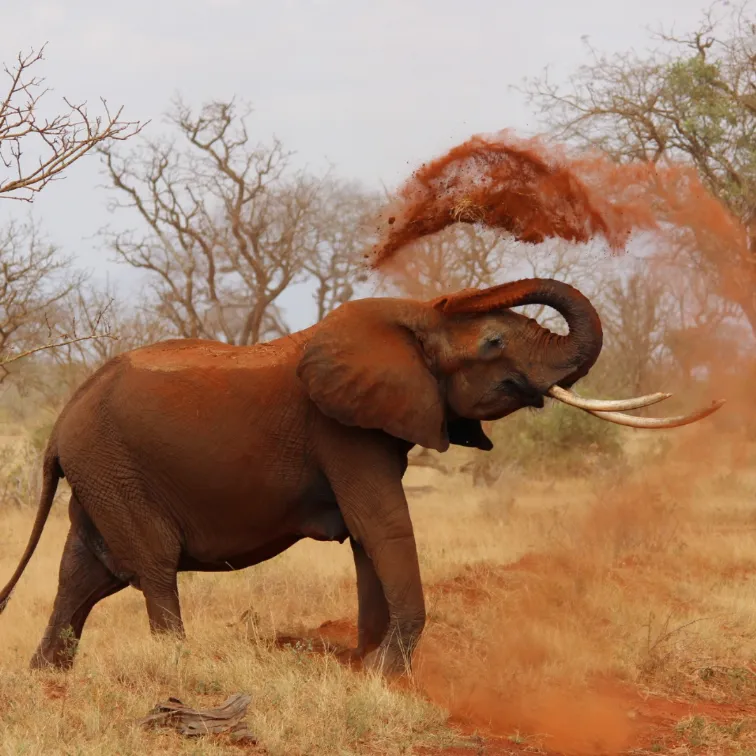Time zone: UTC + 2
Currency: The official currency in South Africa is the South African Rand (ZAR). It is advisable to exchange currency at authorised currency exchange offices or use ATMs. Credit cards are widely accepted in urban areas, but it’s recommended to have some cash if travelling to more remote locations.
Language: While there are 11 official languages, almost everyone speaks English, except for very rural areas.
Transportation: There are a range of domestic flight options for travel between major cities. In Johannesburg, the Gautrain connects Johannesburg, Pretoria, and the OR Tambo International Airport and is a quick and easy way to travel to and from the airport. In other major cities, use established transfer companies between the airport and hotel. Major cities also offer transport options like Uber. But, the best way to see the country is to rent a car – just be sure to book ahead over holiday times.
Cuisine: The local cuisine is diverse due to the different historical and cultural influences, such as Dutch, French, Malay, and Indian flavours. This provides travellers with a smorgasbord of tastes over and above the usual international cuisine that is available. Don’t leave without trying some local delicacies like the traditional braai (barbeque) boerewors, malva pudding, Cape Malay curry or Chakalaka and pap.
Safety: South Africa does have a reputation for a high crime rate, but like anywhere, stay safe by taking basic precautions like locking your doors and windows, keeping your valuables safe, and being aware of your surroundings and don’t venture alone at night.
Tipping: It is customary to tip in South Africa. A 10% tip is acceptable for appreciation of good service at a restaurant. Drivers don’t fill their fuel tanks in South Africa, so expect to pay at least R5 to the attendant or R10 if the attendant also checks your tires, water, etc. In cities, also expect to be “helped” by informal car guards who will offer to keep watch over your car while you’re away – they will expect a tip too.
Social: South Africa is a diverse nation with various cultural practices. Respect local customs and traditions and be sure to greet. A handshake is a common form of greeting. A unique South African habit is flashing lights at courteous drivers on the road – you can say thank you for the thank you by flashing your lights back!
South Africa caters to visitors year-round, offering diverse regional climates and wildlife encounters. The Cape experiences stunning, hot, and dry weather during its summer months, spanning from November to February, with temperatures ranging between 23°C and 26°C. For those interested in whale watching, the prime time to visit the Cape is from July to November.
The optimal period to explore South Africa is from May to September, as the cooler winter months in the northern regions create ideal conditions for observing large game. Although there may be rainfall from November to February, this timeframe is perfect for birding enthusiasts, with consistently warm temperatures ranging from 22°C to 33°C.
Holiday visitors to South Africa require a valid tourism visa to enter the country. Some countries are exempted from visa control, and a list of these countries can be found on the following site: http://www.dha.gov.za/index.php/immigration-services/exempt-countries








